Home>Storage & Organization>Kitchen Organizing Tools>Why Can’t You Clean The Litter Box When Pregnant?
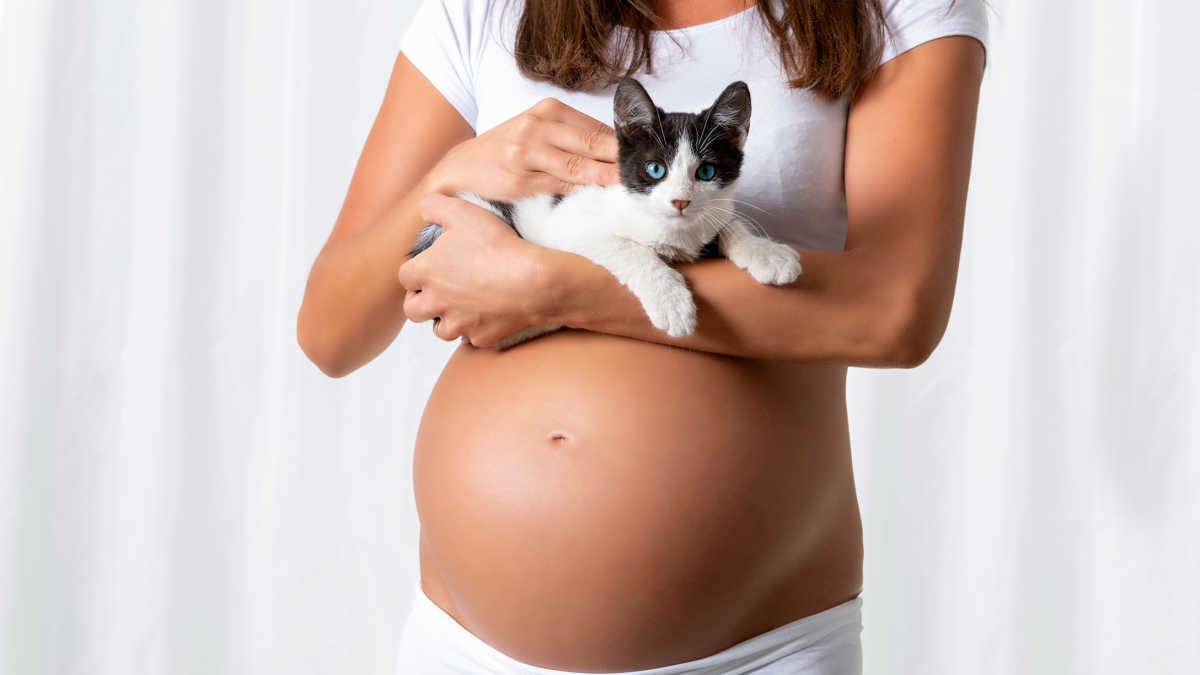

Kitchen Organizing Tools
Why Can’t You Clean The Litter Box When Pregnant?
Published: February 23, 2024
Discover the best kitchen organizing tools for a clutter-free space. Find out why pregnant women should avoid cleaning the litter box.
(Many of the links in this article redirect to a specific reviewed product. Your purchase of these products through affiliate links helps to generate commission for Storables.com, at no extra cost. Learn more)
Introduction
When it comes to maintaining a clean and hygienic living environment, pet owners often find themselves facing a common dilemma: the responsibility of cleaning the litter box. However, for pregnant women, this seemingly routine task can pose potential risks that warrant careful consideration. The concern primarily revolves around the potential exposure to a parasite known as Toxoplasma gondii, which can be found in cat feces and soil contaminated with infected feces. This parasite has the potential to cause a condition known as toxoplasmosis, which can have serious implications for pregnant women and their unborn babies. As a result, it's crucial for expectant mothers to understand the risks associated with cleaning the litter box and to take appropriate precautions to safeguard their health and the well-being of their developing baby.
Key Takeaways:
- Pregnant women should avoid cleaning the litter box to prevent exposure to a parasite that can harm their unborn baby. They can use disposable liners or enlist help from others for a safer solution.
- Toxoplasmosis from cat feces can pose serious risks during pregnancy. Pregnant women can protect themselves by avoiding direct contact with cat litter and exploring alternative cleaning options.
Read more: Can You Clean The Litter Box When Pregnant
Risk of Toxoplasmosis
Toxoplasmosis is a parasitic infection caused by the Toxoplasma gondii parasite, commonly found in cat feces. This parasite can pose a significant risk to pregnant women and their unborn babies if proper precautions are not taken. The potential consequences of contracting toxoplasmosis during pregnancy are a cause for concern, as the infection can lead to severe complications.
If a pregnant woman becomes infected with Toxoplasma gondii for the first time during her pregnancy, there is a risk of the parasite crossing the placenta and infecting the fetus. This can result in congenital toxoplasmosis, which may lead to a range of serious health issues for the unborn baby, including neurological problems, vision impairment, and even miscarriage or stillbirth. Furthermore, if a pregnant woman has a weakened immune system due to conditions such as HIV/AIDS or undergoing immunosuppressive therapy, the risks associated with toxoplasmosis are heightened.
The potential severity of toxoplasmosis during pregnancy underscores the importance of understanding and mitigating the risks associated with exposure to the Toxoplasma gondii parasite. While the infection is typically mild for healthy individuals, the implications for pregnant women and their developing babies necessitate a heightened level of caution.
Given the potential consequences of toxoplasmosis, it is crucial for pregnant women to be aware of the risks and take proactive measures to minimize the likelihood of exposure to the parasite. This includes understanding the proper handling of cat feces and taking necessary precautions to ensure a safe and healthy environment during pregnancy. By being informed and vigilant, expectant mothers can significantly reduce the risk of toxoplasmosis and protect the well-being of both themselves and their unborn child.
Handling Cat Feces
When it comes to handling cat feces, particularly for pregnant women, there are specific precautions that should be taken to minimize the risk of exposure to the Toxoplasma gondii parasite. The primary concern lies in the potential transmission of this parasite through contact with contaminated cat feces, which can occur when cleaning the litter box or handling soil or gardening in areas where infected cats may have defecated.
To reduce the risk of toxoplasmosis, pregnant women should avoid handling cat feces whenever possible. If there are no other individuals available to undertake this task, it is essential to take stringent measures to minimize the likelihood of exposure. This includes wearing disposable gloves while cleaning the litter box and ensuring thorough hand hygiene afterward. Additionally, pregnant women should consider using a facemask to prevent inhalation of any dust particles that may contain the parasite.
It's important to note that the Toxoplasma gondii parasite does not become infectious until 1 to 5 days after being shed in a cat's feces. Therefore, cleaning the litter box daily and promptly disposing of the waste can significantly reduce the risk of exposure. Pregnant women should also ensure that the litter box is thoroughly cleaned and disinfected regularly to minimize the potential for contamination.
Furthermore, pregnant women should refrain from handling soil or gardening in areas where cats may have defecated, as the parasite can survive in the environment for extended periods. If gardening is unavoidable, wearing gloves and practicing thorough hand hygiene afterward is crucial to minimize the risk of exposure.
In households with multiple cats, it's important to ensure that all feline companions are kept indoors to reduce the likelihood of exposure to the Toxoplasma gondii parasite. Additionally, pregnant women should avoid adopting new cats during pregnancy, as the parasite can be transmitted through infected animals.
By taking these precautions and being mindful of the potential risks associated with handling cat feces, pregnant women can significantly reduce the likelihood of exposure to the Toxoplasma gondii parasite and minimize the potential for toxoplasmosis during pregnancy. These measures are essential for safeguarding the health and well-being of both the expectant mother and her unborn child.
Pregnant women should avoid cleaning the litter box due to the risk of toxoplasmosis, a parasite found in cat feces that can harm the baby. Have someone else clean it, or wear gloves and wash hands thoroughly after.
Precautions for Pregnant Women
Pregnancy is a time of heightened awareness and diligence when it comes to safeguarding both the mother's health and the well-being of the developing baby. When it comes to the potential risks associated with toxoplasmosis, pregnant women must take specific precautions to minimize the likelihood of exposure to the Toxoplasma gondii parasite. These precautions are essential for creating a safe and healthy environment during pregnancy and reducing the risk of complications associated with the infection.
First and foremost, pregnant women should avoid handling cat feces whenever possible. If there are no other individuals available to undertake this task, it is crucial to take stringent measures to minimize the likelihood of exposure. This includes wearing disposable gloves while cleaning the litter box and ensuring thorough hand hygiene afterward. Additionally, pregnant women should consider using a facemask to prevent inhalation of any dust particles that may contain the parasite.
It's important to note that the Toxoplasma gondii parasite does not become infectious until 1 to 5 days after being shed in a cat's feces. Therefore, cleaning the litter box daily and promptly disposing of the waste can significantly reduce the risk of exposure. Pregnant women should also ensure that the litter box is thoroughly cleaned and disinfected regularly to minimize the potential for contamination.
Furthermore, pregnant women should refrain from handling soil or gardening in areas where cats may have defecated, as the parasite can survive in the environment for extended periods. If gardening is unavoidable, wearing gloves and practicing thorough hand hygiene afterward is crucial to minimize the risk of exposure.
In households with multiple cats, it's important to ensure that all feline companions are kept indoors to reduce the likelihood of exposure to the Toxoplasma gondii parasite. Additionally, pregnant women should avoid adopting new cats during pregnancy, as the parasite can be transmitted through infected animals.
By taking these precautions and being mindful of the potential risks associated with handling cat feces, pregnant women can significantly reduce the likelihood of exposure to the Toxoplasma gondii parasite and minimize the potential for toxoplasmosis during pregnancy. These measures are essential for safeguarding the health and well-being of both the expectant mother and her unborn child.
Alternative Solutions for Cleaning the Litter Box
In situations where pregnant women are advised to avoid direct contact with cat feces due to the potential risks of toxoplasmosis, alternative solutions for cleaning the litter box become essential. Fortunately, there are several effective strategies that can be implemented to ensure the cleanliness of the litter box while minimizing the risk of exposure to the Toxoplasma gondii parasite.
One of the most practical alternatives is to enlist the support of a partner, family member, or friend to assume the responsibility of cleaning the litter box. By delegating this task to a trusted individual who is not pregnant, the risk of exposure to the parasite can be effectively mitigated. This approach allows pregnant women to prioritize their health and the well-being of their unborn child while ensuring that the litter box is maintained in a hygienic condition.
Another viable solution is to consider using disposable litter box liners. These liners provide a convenient and hygienic way to contain the cat litter, allowing for easy removal and disposal of the entire liner when cleaning is required. By utilizing this approach, pregnant women can minimize direct contact with the cat litter and feces, reducing the potential for exposure to the Toxoplasma gondii parasite.
Additionally, the market offers self-cleaning litter boxes that automate the process of removing waste, thereby reducing the need for manual cleaning. These innovative devices utilize sensors to detect when a cat has used the litter box, triggering a mechanism that scoops and deposits the waste into a sealed compartment. This hands-free approach to litter box maintenance can be particularly beneficial for pregnant women, as it minimizes direct contact with cat feces while ensuring that the litter box remains clean and odor-free.
Furthermore, professional pet care services or pet sitters can be engaged to manage the cleaning of the litter box. This option provides pregnant women with the assurance that the task is being handled by experienced individuals who can maintain a high standard of cleanliness while adhering to proper hygiene practices.
By exploring these alternative solutions for cleaning the litter box, pregnant women can effectively navigate the challenges associated with maintaining a hygienic environment for their feline companions while prioritizing their own health and the safety of their developing baby. These proactive measures empower pregnant women to make informed decisions that align with the recommendations for minimizing the risk of toxoplasmosis during pregnancy.
Frequently Asked Questions about Why Can't You Clean The Litter Box When Pregnant?
Was this page helpful?
At Storables.com, we guarantee accurate and reliable information. Our content, validated by Expert Board Contributors, is crafted following stringent Editorial Policies. We're committed to providing you with well-researched, expert-backed insights for all your informational needs.
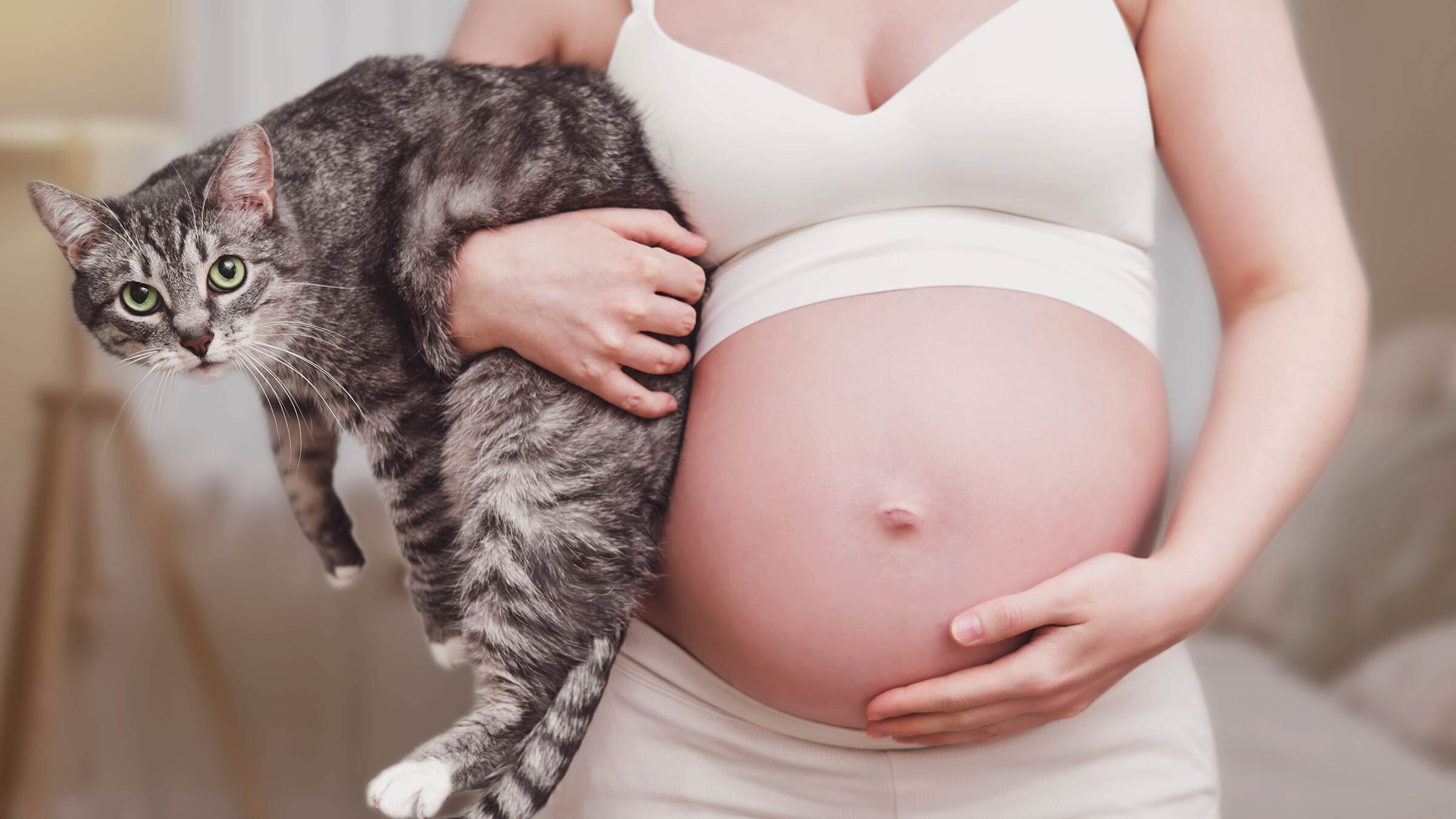
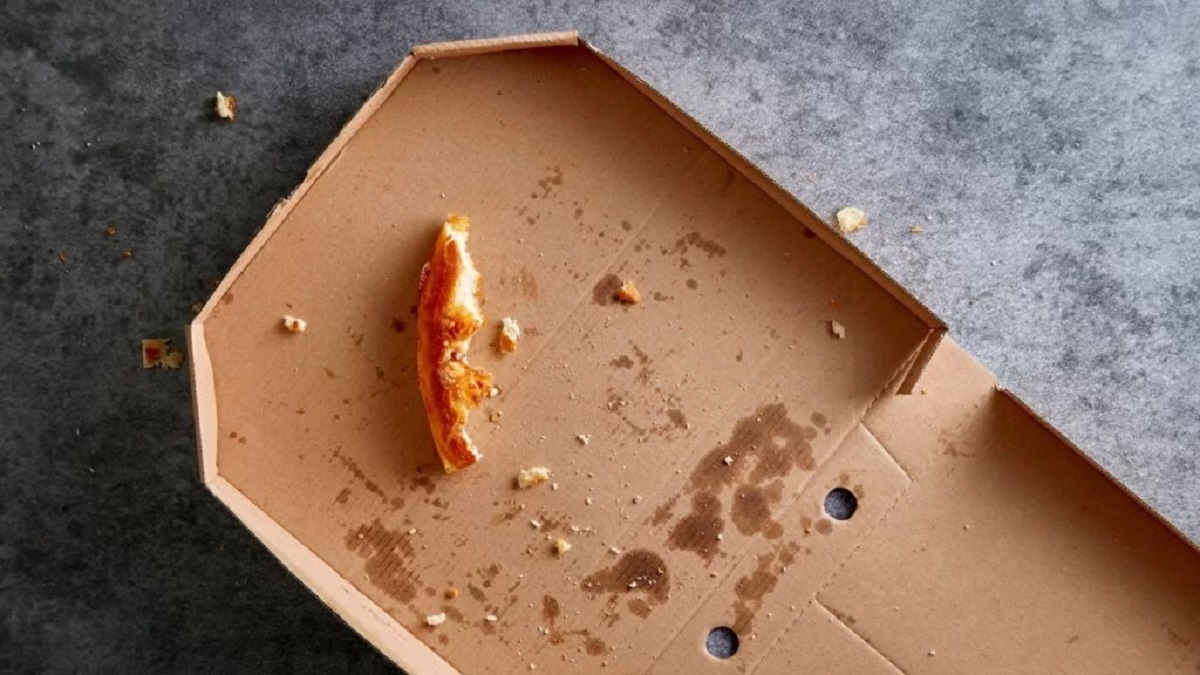
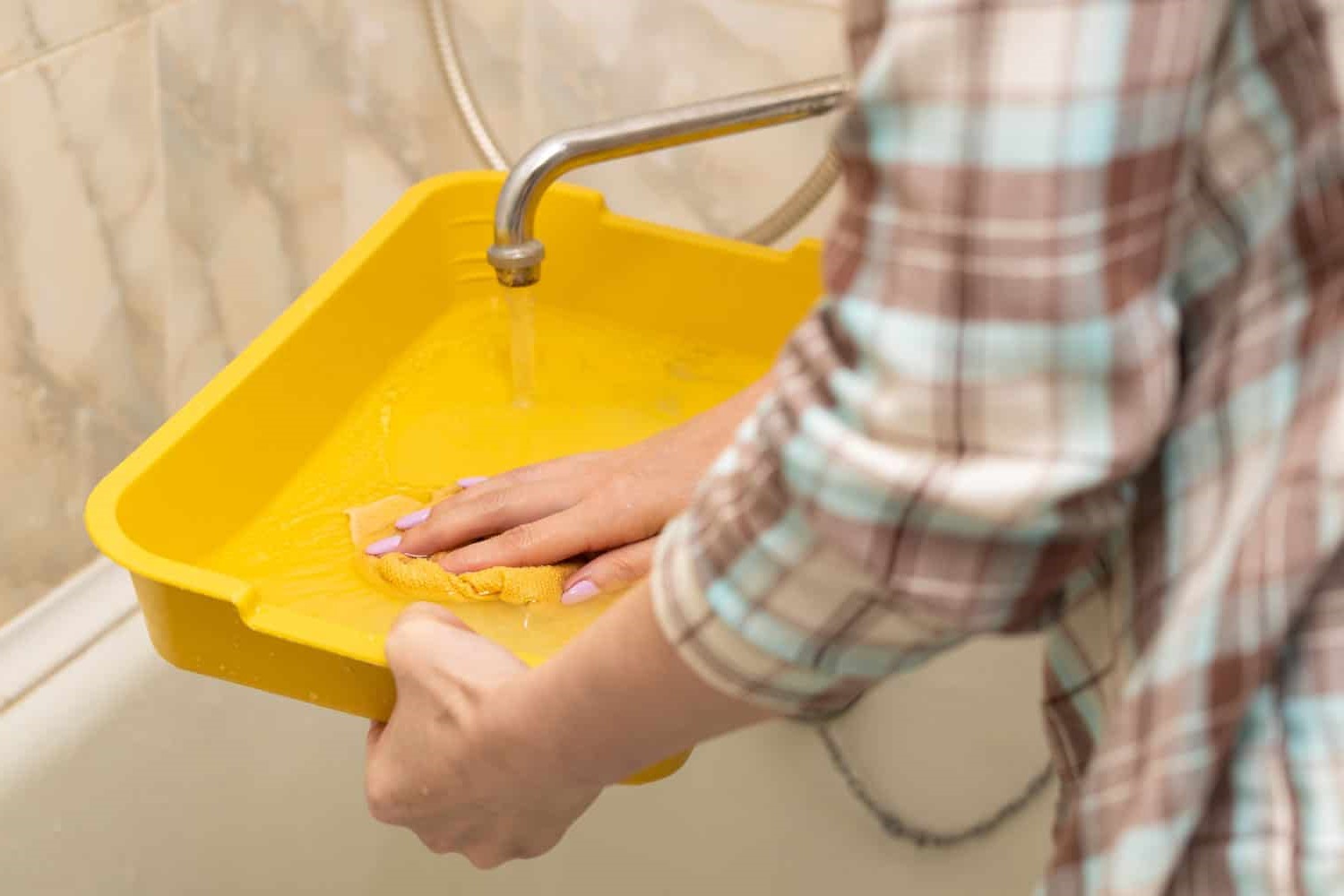
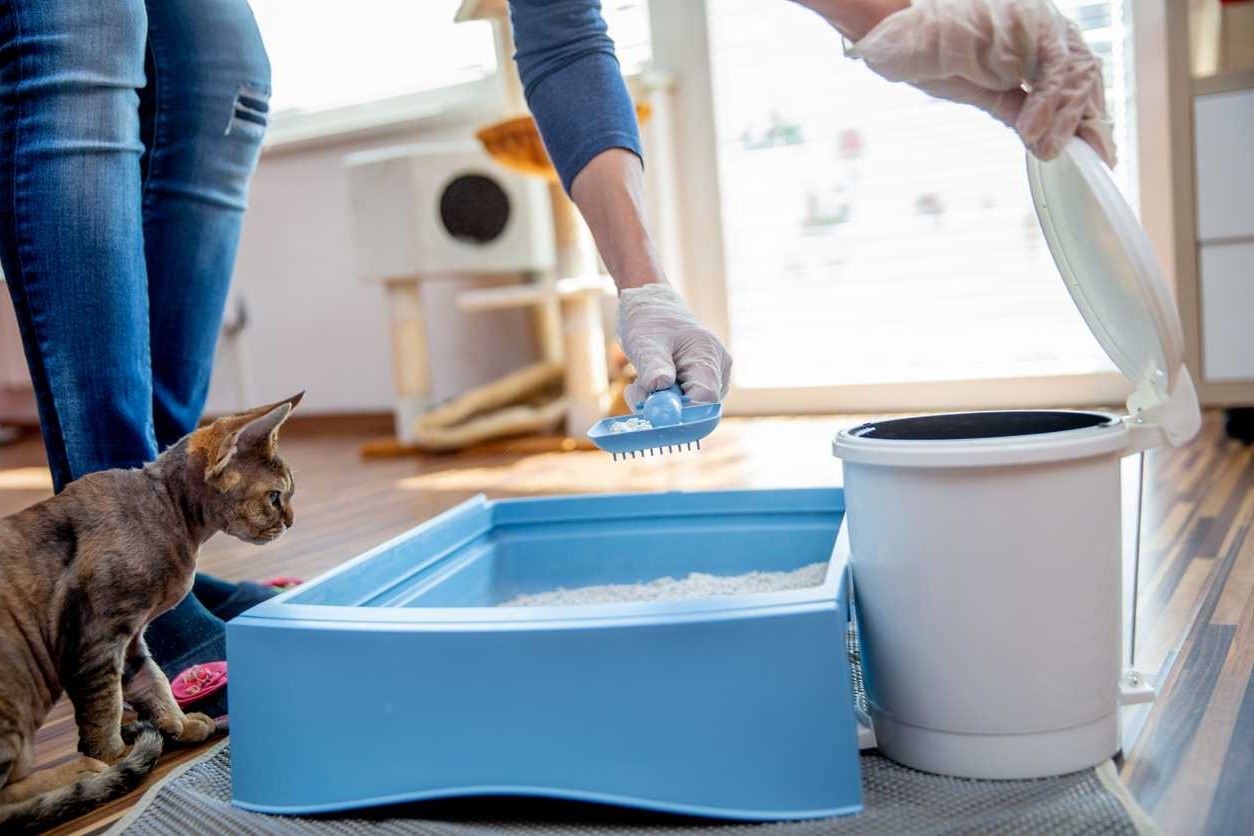
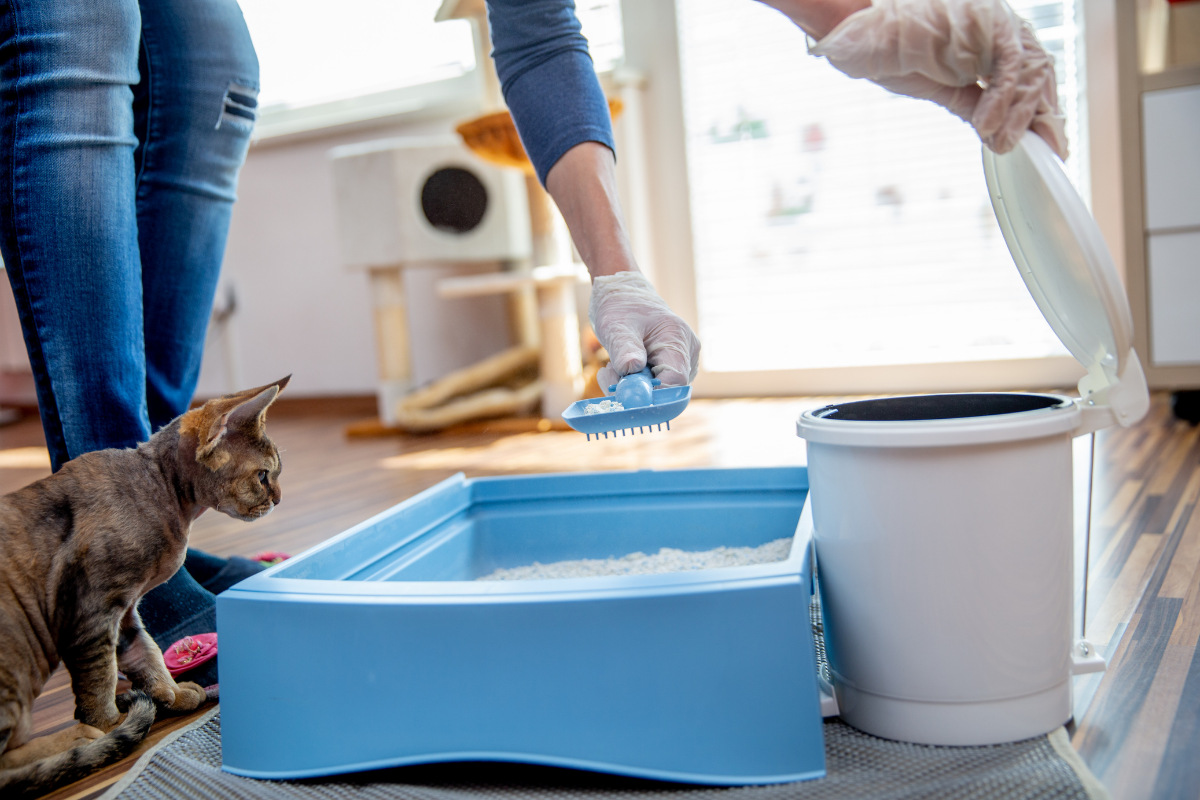
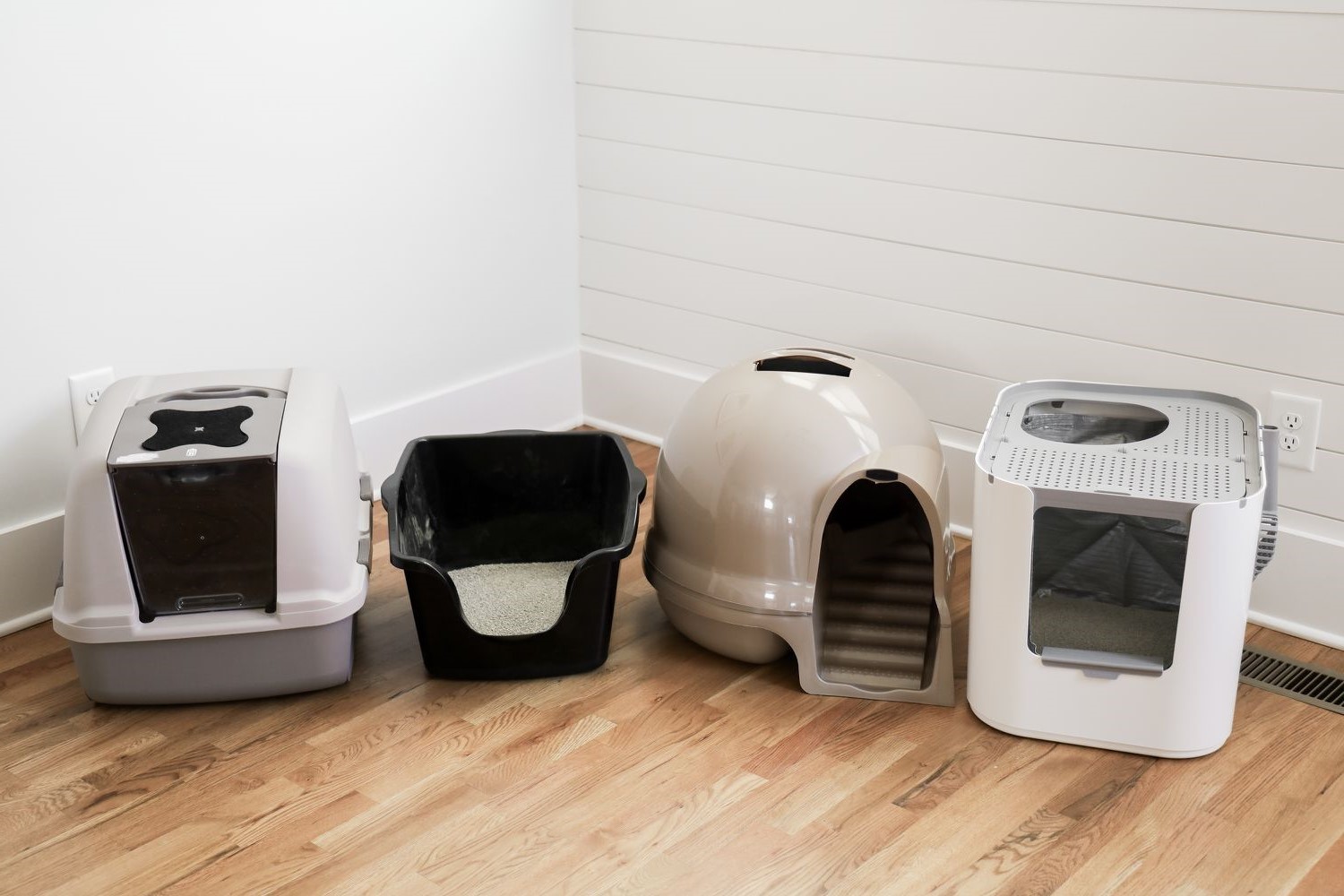
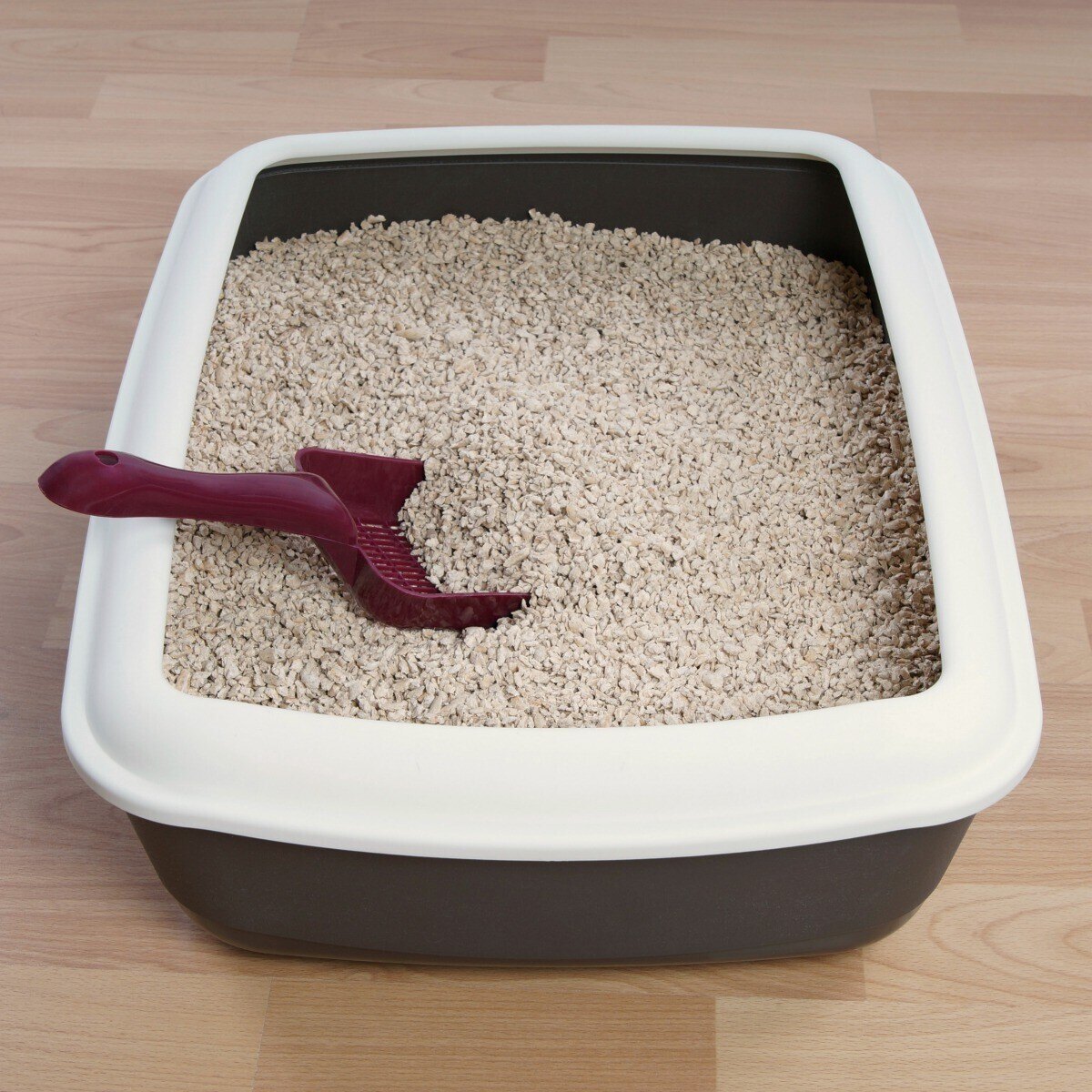
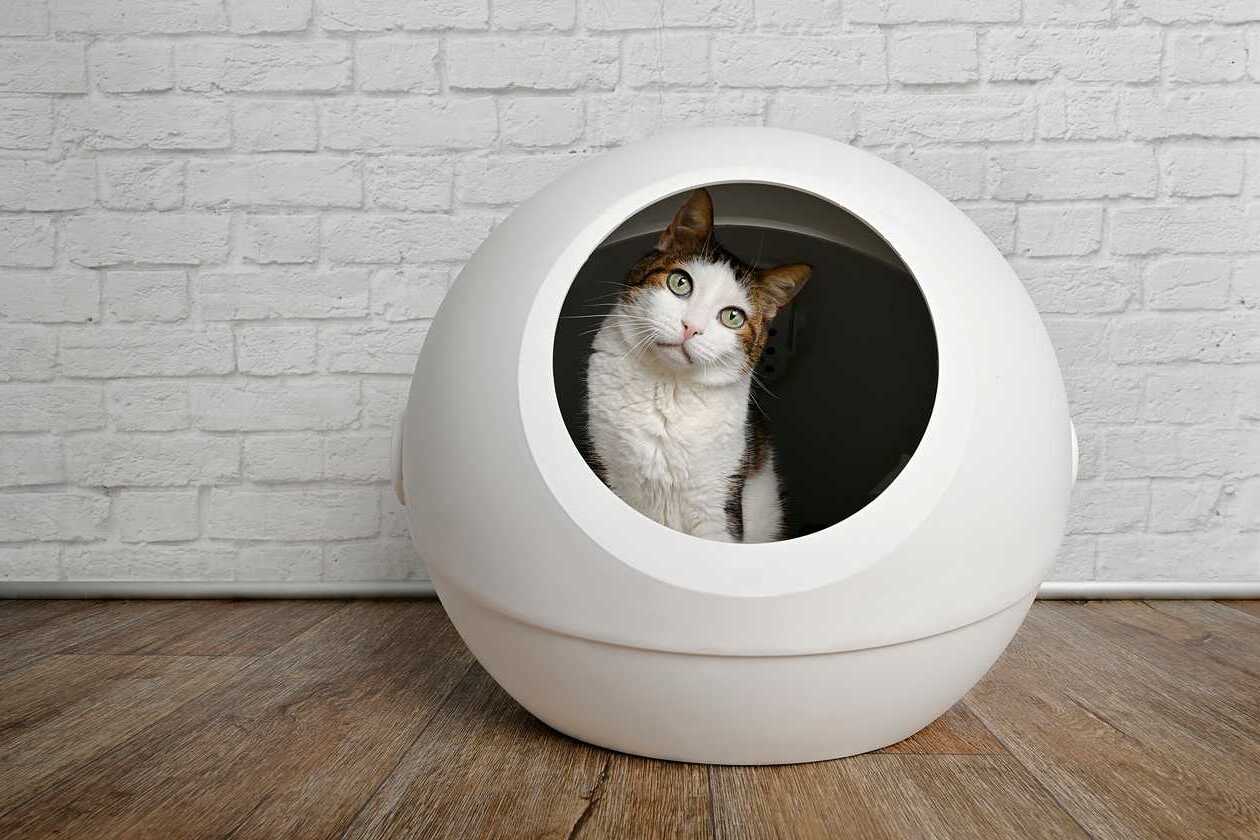
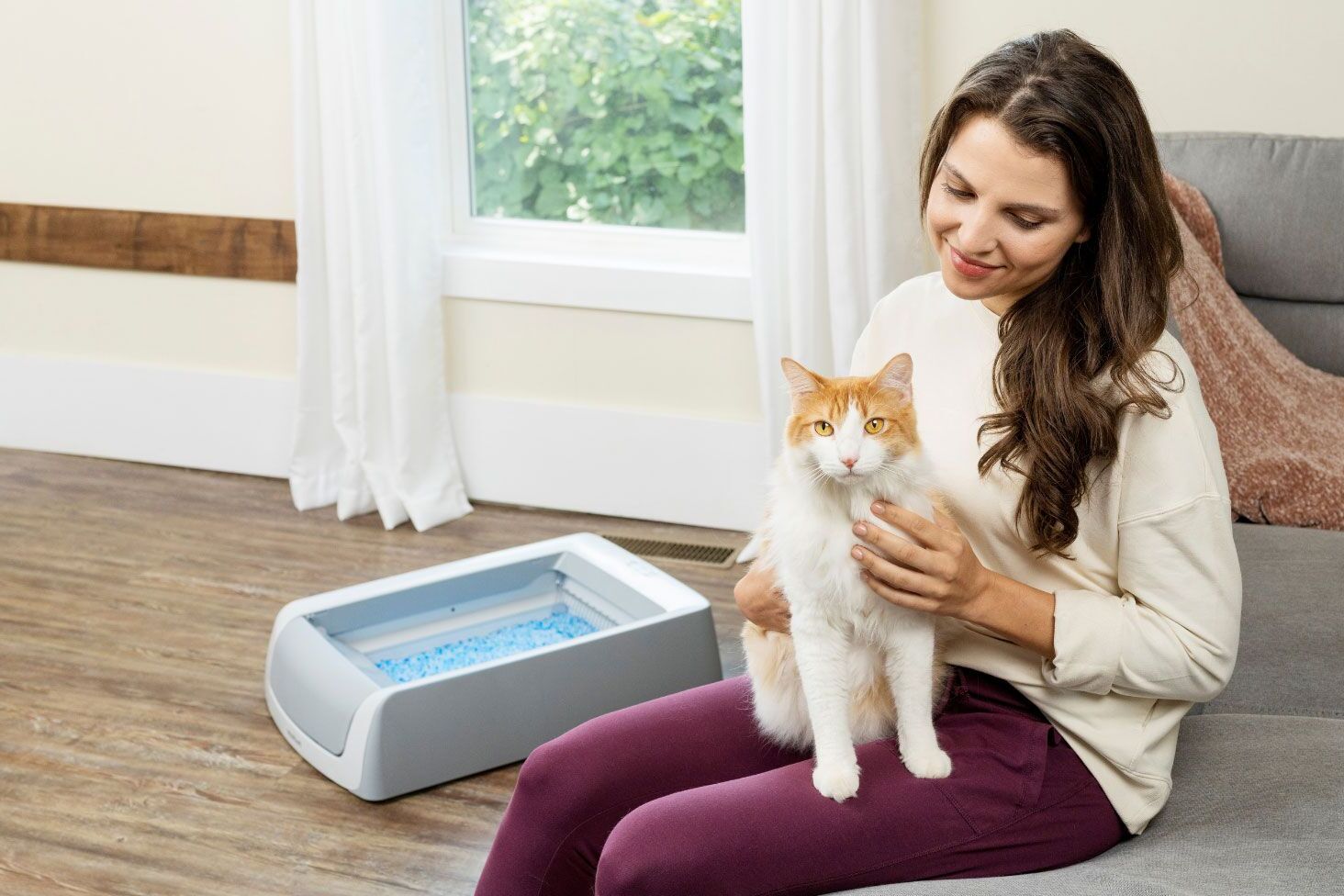
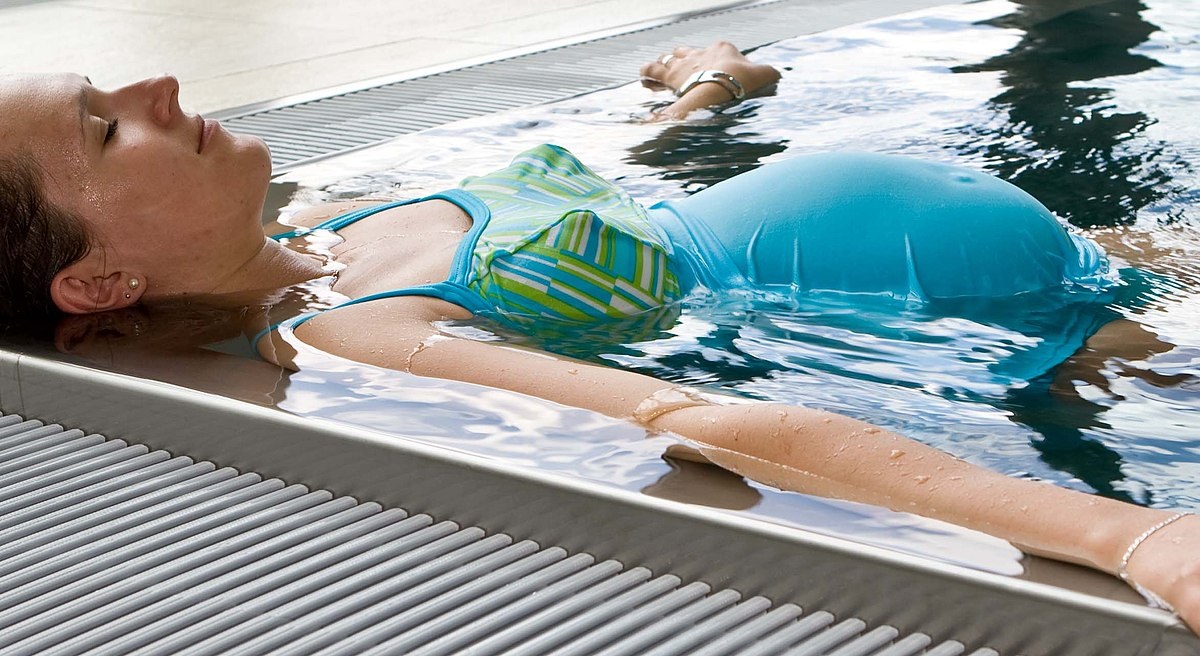

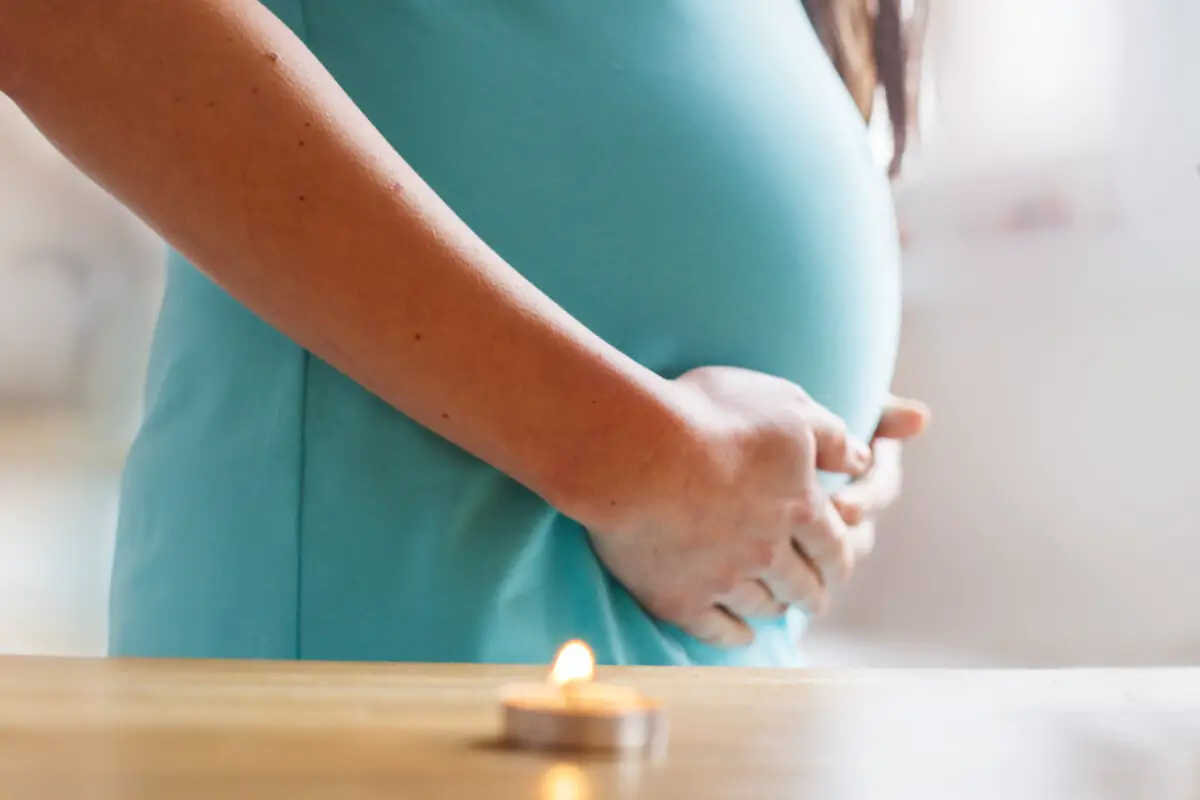
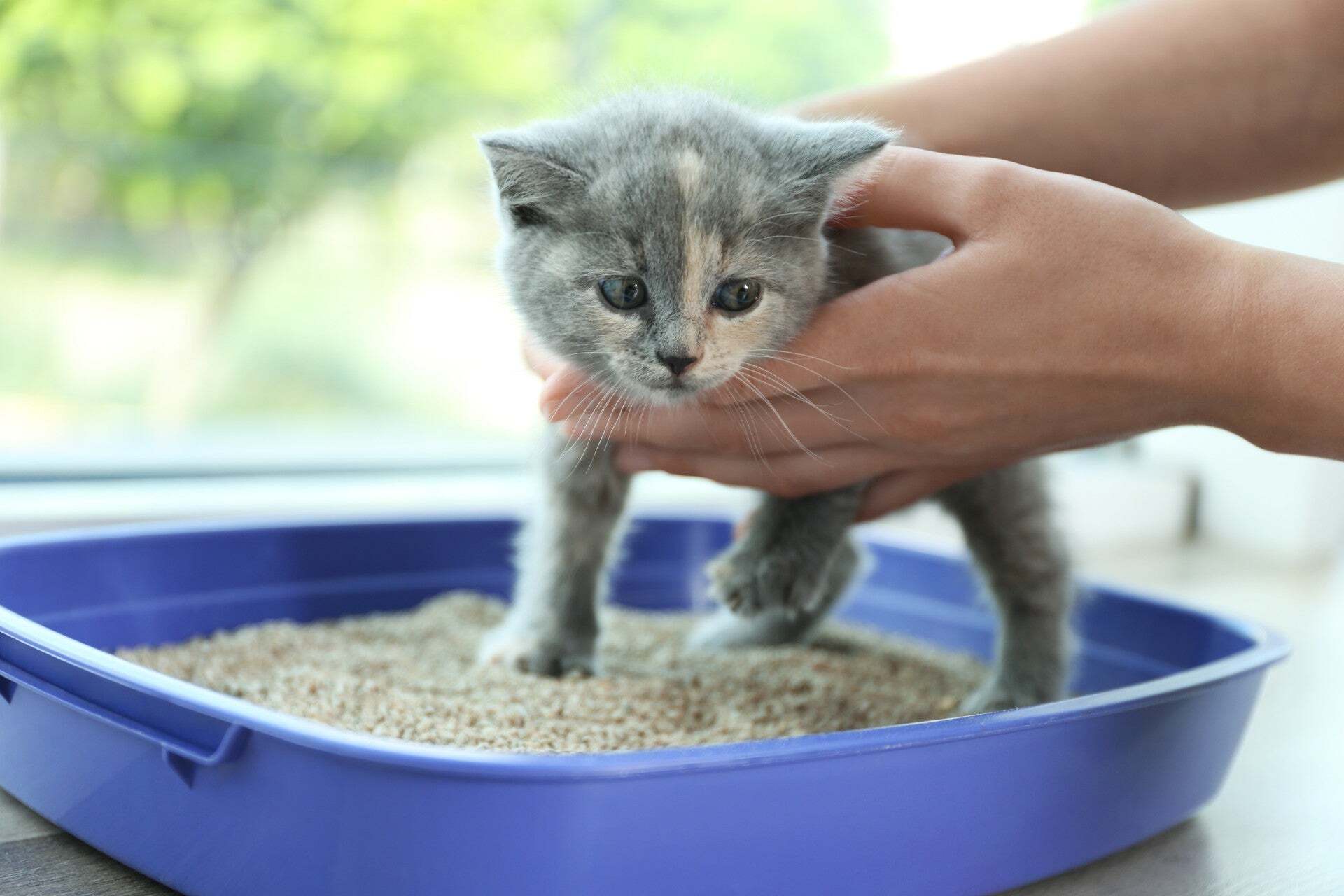
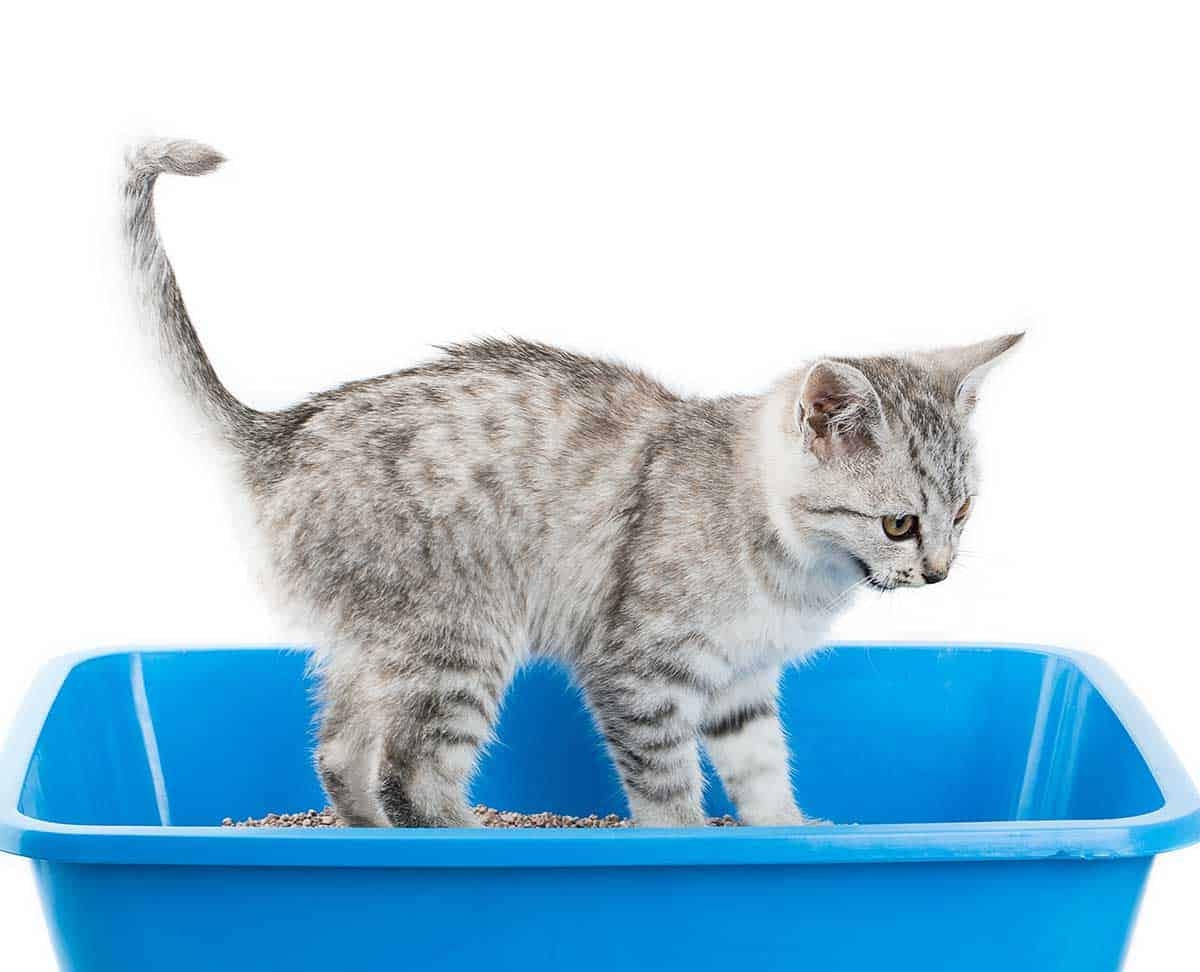


0 thoughts on “Why Can’t You Clean The Litter Box When Pregnant?”